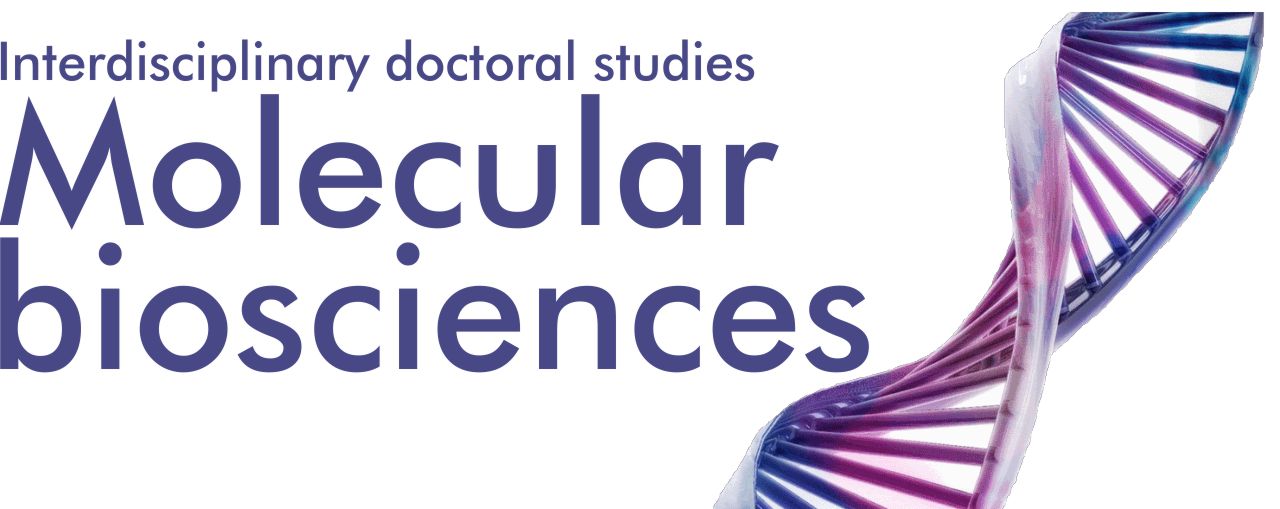| Cipher: | 1004 |
| Nomenclature: | Project management in science |
| Study programme: | Molecular biosciences |
| Module: | Compulsory course |
| Case holder: | Assoc. Prof. Dr. Sc. Tanja Žuna Pfeiffer |
| Institution of the case holder: | |
| Contributors - Contractors: | Title doc. Dr. Sc. Morana Lamb, zn. Counsellor |
| Subject status: | Compulsory course |
| The year in which the case is submitted: | Year I |
| The semester in which the case is submitted: | Semester I |
| Subject objective: | Independent students to work in the project group for the preparation of scientific and research project applications and their realization. Develop the skill of teamwork and self-assessment of individual affinity for the appropriate function in the project team. |
| Case contents: | 1. Conception of an idea: collecting data, searching the patent database,state-of-the-art, writing a summary |
| Learning outcomes: competences, knowledge, skills that the subject develops: | 1. Support the development of self-engagement based on the knowledge and practical skills necessary for independent work as well as for working in a project group during the preparation of project applications. |
| ECTS Credits | 4 |
| Lectures | 5 |
| Seminars (IS) | 5 |
| Exercises (E) | 15 |
| Altogether | 25 |
| The way of teaching and acquiring knowledge: | Regular and active participation in teaching verified by contribution to the work of seminars and exercises with the preparation of individual project application and presentation of the preparation of the group project. |
| Ways of teaching and acquiring knowledge: (notes) | The selection of project applications will be aligned with the interests and opportunities of students. |
| Monitoring and evaluating students (mark in fat printing only relevant categories) | Attendance, Teaching activities, Mandatory seminar work, Exercise or case study |
| Rating method: | Written exam, Oral exam, Case Review |
| Mandatory literature: | 1. CORDIS FP7 materials |
| Supplementary (recommended) literature: | 1. Drucker, P. (1994), The coming of knowledge-based business, Harvard Business review, Sep-Oct. 1994, pp. 165-170. |
| How to monitor the quality and performance performance (evaluation): | The success of the course will be evaluated annually by the joint expert committee of the Ruđer Boskovic Institute, the University of Dubrovnik and the University of Josip Juraj Strossmayer in Osijek based on exam success and surveys. |
